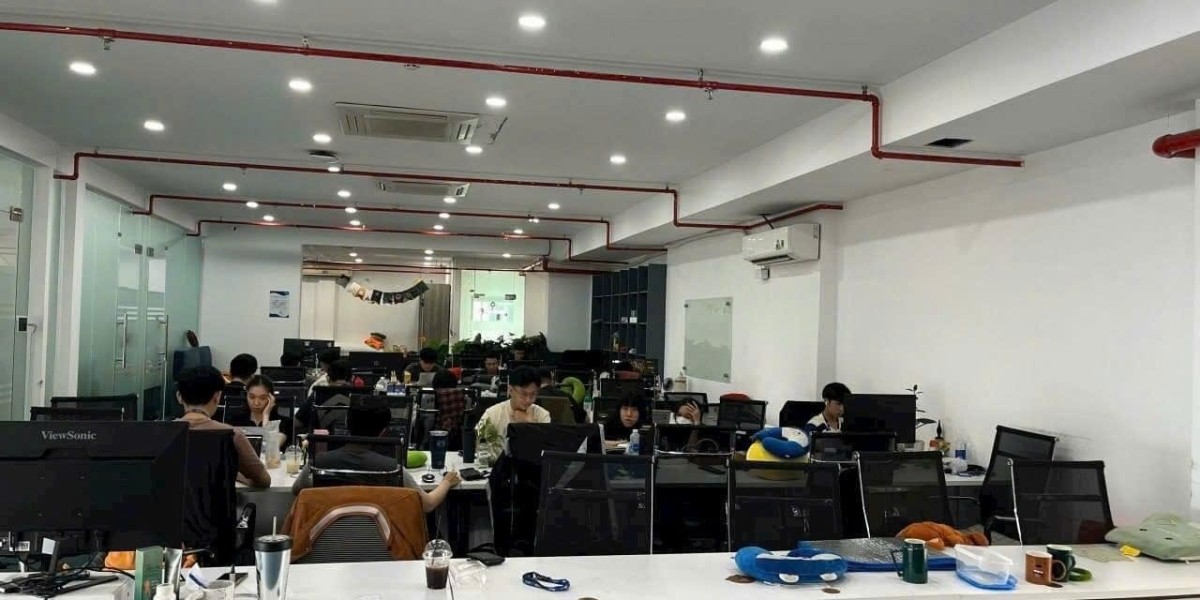Indonesia insists B40 biodiesel application to proceed on Jan. 1
Industry individuals seeking phase-in duration anticipate gradual intro
Industry faces technical difficulties and cost concerns
Government financing problems occur due to palm oil rate variation
JAKARTA, Dec 18 (Reuters) - Indonesia's plan to expand its biodiesel mandate from Jan. 1, which has actually fuelled issues it might curb global palm oil products, looks significantly most likely to be executed slowly, experts said, as market individuals seek a phase-in period.
Indonesia, the world's most significant manufacturer and exporter of palm oil, prepares to raise the compulsory mix of palm oil in biodiesel to 40% - called B40 - from 35%, a policy that has activated a dive in palm futures and might push rates even more in 2025.
While the federal government of President Prabowo Subianto has stated repeatedly the plan is on track for full launch in the brand-new year, industry watchers say expenses and technical obstacles are likely to lead to partial implementation before full adoption across the stretching archipelago.
Indonesia's most significant fuel merchant, state-owned Pertamina, said it requires to modify a few of its fuel terminals to blend and save B40, which will be finished during a "transition duration after government establishes the mandate", spokesperson Fadjar Djoko Santoso informed Reuters, without supplying details.
During a meeting with federal government officials and biodiesel producers last week, fuel retailers requested a two-month transition period, Ernest Gunawan, secretary general of biofuel producers association APROBI, who remained in attendance, told Reuters.
Hiswana Migas, the fuel retailers' association, did not right away react to a demand for remark.
Energy ministry senior official Eniya Listiani Dewi informed Reuters the required hike would not be implemented slowly, which biodiesel manufacturers are prepared to supply the higher mix.
"I have actually confirmed the readiness with all producers recently," she stated.
APROBI, whose members make fatty acid methyl ester (FAME) from palm oil to be blended with diesel fuel, said the federal government has not issued allotments for manufacturers to offer to sustain retailers, which it normally has actually done by this time of the year.
"We can't perform without purchase order files, and purchase order files are obtained after we get agreements with fuel companies," Gunawan told Reuters. "Fuel business can only sign contracts after the ministerial decree (on biodiesel allowances)."
The government plans to allocate 15.62 million kilolitres (4.13 billion gallons) of FAME for B40 in 2025, Eniya told Reuters, less than its preliminary estimate of 16 million kilolitres.
FUNDING CHALLENGES
For the government, moneying the greater mix could likewise be a challenge as palm oil now costs around $400 per metric load more than unrefined oil. Indonesia utilizes earnings from palm oil export levies, handled by a company called BPDPKS, to cover such spaces.
In November, BPDPKS estimated it needed a 68% boost in aids to 47 trillion rupiah ($2.93 billion) next year and approximated levy collection at around 21 trillion rupiah, sustaining market speculation that a levy hike impends.
However, the palm oil industry would object to a levy walking, stated Tauhid Ahmad, a senior expert with think-tank INDEF, as it would injure the industry, consisting of palm smallholders.

"I believe there will be a delay, because if it is carried out, the aid will increase. Where will (the cash) originate from?" he said.
Nagaraj Meda, managing director of Transgraph Consulting, a product consultancy, stated B40 execution would be challenging in 2025.

"The implementation may be sluggish and gradual in 2025 and probably more fast-paced in 2026," he stated.
Prabowo, who took office in October, campaigned on a platform to raise the required further to B50 or B60 to accomplish energy self-sufficiency and cut $20 billion of annual fuel imports. ($1 = 16,035.0000 rupiah) (Reporting by Bernadette Christina; Editing by Tony Munroe and Lincoln Feast.)







